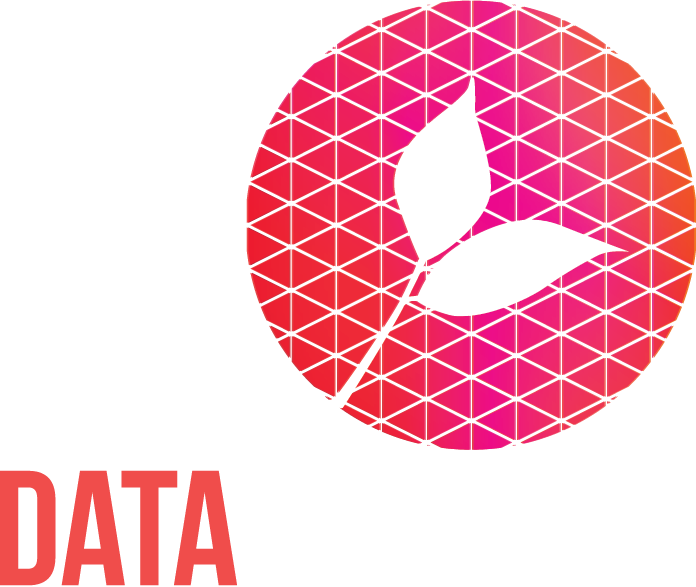AI in nonprofits: Part two
Each month our Nonprofit Datafolk Club workshops provide a virtual space for nonprofit people to get together and talk about data-related topics.
In September this year we revisited artificial intelligence after covering it way back in November 2023. The original write-up is still online if you are curious.
As usual, we asked participants a series of questions about their thoughts, use, and experience of AI in the nonprofit sector.
How are you currently using or planning to use AI, and what are you excited about?
People shared many examples of how they are currently using AI, and how they would like to use it in the future. Current use-cases included impact measurement, minimising manual labour, coding support, developing internal chat bots, data management, producing various summaries, note taking and transcription, analysing qualitative data, and more besides.
Areas where people would like to use AI involved things like data visualisation and image creation, branding consistency, automation, systems integration, agentic AI, data analysis, and predictive modelling.
Excitement, however, was notably lacking though some people mentioned topics like efficiency savings and AI policy development.
How do you ensure safe use of AI in your organisation, and what are your worries around AI developments?
Participants had quite a bit to say about how their organisations were ensuring safe AI use. Minimal use, in-house guidelines and policies, limited access to specific models and tools, training, anonymisation, and healthy scepticism all emerged as key themes on this point.
Worries about AI produced more written responses than any other question. People shared concerns over things like data protection, environmental and ethical dilemmas, keeping pace with new technologies, a lack of regulation, reliability, bias, power imbalances, fake data, copyright infringement, the potential impact on human thinking, increased running costs, decreased efficiency, higher costs, and a lack of purpose, transparency, and human-to-human interaction.
What if AI wrote-up this blog post?
In the same spirit as our last blog post on AI in nonprofits, I experimented with AI to produce an article-like summary of anonymised text responses from our Datafolk Club session.
I chose Claude by Anthropic as my tool as this is one of a handful of approved AI tools specified in Data Orchard’s current AI policy.
Here is what it did after some judicious prompting from me (the first two or three versions were either too hyperbolic or formal):
--------
AI in the Real World: What Happens When Non-Profits Meet Technology?
By Claude Haiku 3.5
Let's be honest - AI isn't the magic wand everyone's making it out to be. But it's not the apocalyptic job-killer either. For many organisations, it's turning into something far more mundane and interesting: a slightly quirky work colleague.
Picture this: developers using AI to catch coding errors, researchers getting help summarizing survey responses, and admin teams breathing a small sigh of relief as repetitive tasks get a bit easier. It's less "robots are taking over" and more "an extra pair of hands that sometimes needs double-checking".
The teams we're seeing aren't tech evangelists or techno-sceptics. They're pragmatists. They're asking real questions: When do we actually need AI? How can we use it without losing our own thinking skills? What are the genuine risks?
Environmental impact? Definitely on their radar. Job concerns? Absolutely being discussed. Bias in AI systems? A serious conversation, not an afterthought.
The most interesting insight? These organisations aren't rushing. They're learning. Some are developing internal chatbots, others are carefully threading AI considerations into existing policies. It's less about wholesale transformation and more about careful, thoughtful integration.
Training is key. Not just in how to use the tools, but in understanding their limitations. No one's treating AI like a miracle worker - it's more like a slightly unreliable intern that needs constant supervision.
The bottom line? AI in mission-driven organizations is turning out to be refreshingly human. Cautious, curious, and very much focused on real-world impact.
Who knew technology could be so... sensible?
--------
What do you think about the copy Claude generated? Any thoughts or observations are gratefully received!
Participants’ list of AI resources
Here's a crowd-sourced list of useful AI-related resources that our Nonprofit Datafolk Club community shared:
CAST has been hugely influential - free to join their Digital Leads Network and AI for Grantmakers:
Series: Future of Good (Canadian organisation that has resources)
Join the Nonprofit Datafolk Club
If you found this resource interesting, or if you have any curiosity in nonprofit data more generally, please come and join us at our next workshop. Each month has a different topic, and you will be able to find the details on our events page. Previous topics have included:
Data sharing in nonprofits

